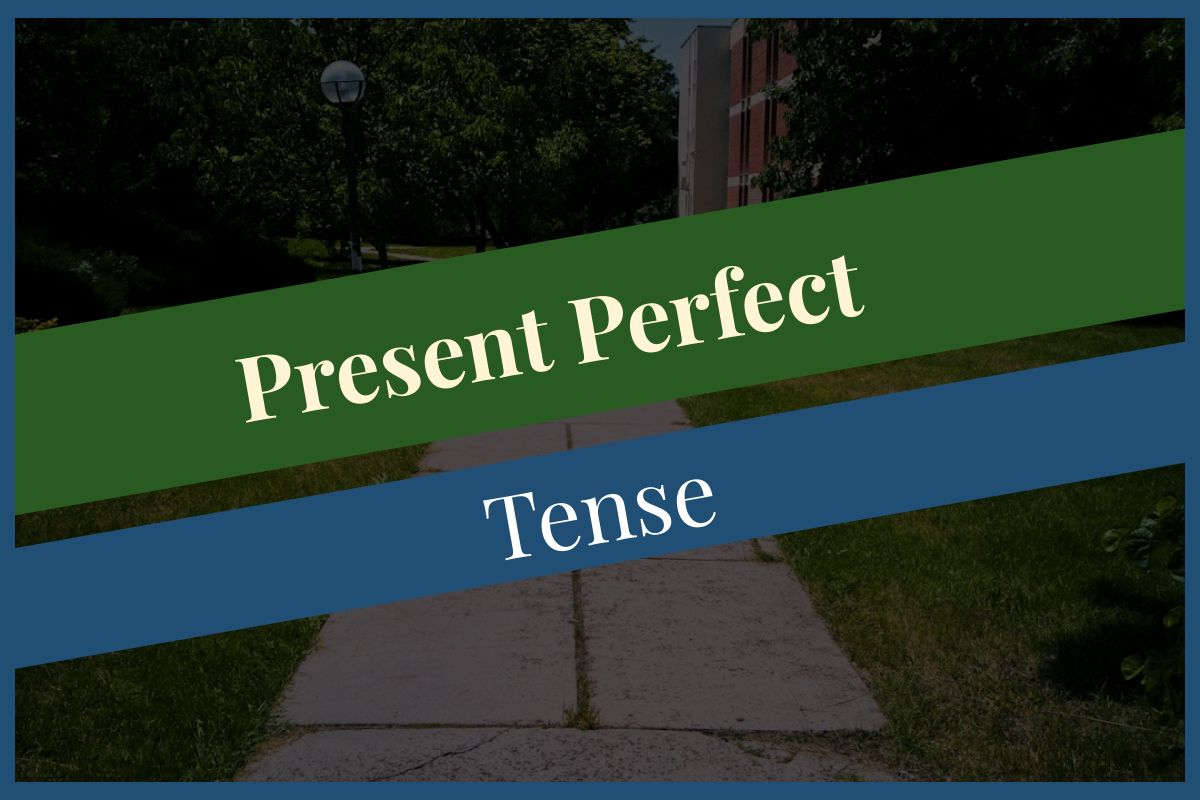
The present perfect tense is a part of English grammar that helps us talk about things that started in the past and are still going on, or things that happened at some time before now. It’s really useful and important to learn. Let’s go through what it’s all about, how to use it, and look at some examples to make it clearer.
What is the Present Perfect Tense?
We use the present perfect tense to talk about:
- Things that started in the past and are still happening:
- “I have lived in this city for ten years.”
- “She has worked there since 2010.”
- Things that happened repeatedly in the past:
- “They have been to Europe many times.”
- “He has eaten sushi before.”
- Experiences or things that happened at some time in the past:
- “She has visited Australia.”
- “I have read many books.”
- Things that just happened:
- “They have just arrived.”
- “I have just finished my homework.”
How to Make Sentences in the Present Perfect Tense
To make sentences in the present perfect tense, we use “have” or “has” (depending on who we’re talking about) plus the main verb’s past participle (like “eaten,” “gone,” “seen”). For regular verbs, we usually add “ed” to the base form of the verb. For irregular verbs, the past participle might be different from the base form.
- Regular verbs: play – played, stop – stopped
- Irregular verbs: run – run, bring – brought
Examples:
- “I have lost my keys.”
- “They have missed the bus.”
- “She has been to Paris.”
Common Mistakes to Avoid
- Don’t use the wrong helper verb. It’s “he has” not “he have.”
- Don’t forget “have” or “has.” Say “She has been to Paris,” not “She been to Paris.”
- Use the past participle, not the past tense. So, “They have seen the movie,” not “They have saw the movie.”
Some Tips
- In spoken English, we often shorten “have” or “has” like this: “I’ve,” “You’ve,” “He’s.”
- Example: “I’ve worked all day.”
British vs. American English
Both British and American English use the present perfect tense, but there are some differences:
- In British English, it’s more common to use the present perfect tense for recent news. For example, “Your mother’s just called.”
- In American English, people often use the simple past tense for things that just happened. For example, “Your sister just called.”
Remember, both British and American English use the present perfect with “yet” and “already,” but Americans might use the simple past in casual situations.
Conclusion
The present perfect tense is really handy for talking about your experiences, things that are still going on, and things that happened recently. Remember the rules and practice using it in sentences. And don’t worry about making mistakes – it’s all part of learning!
